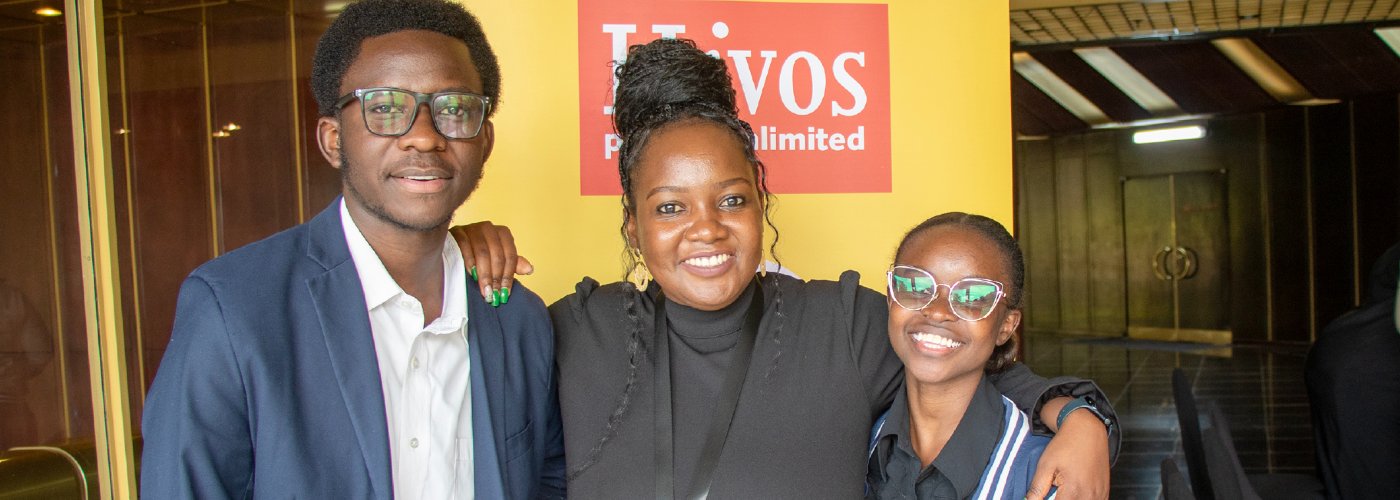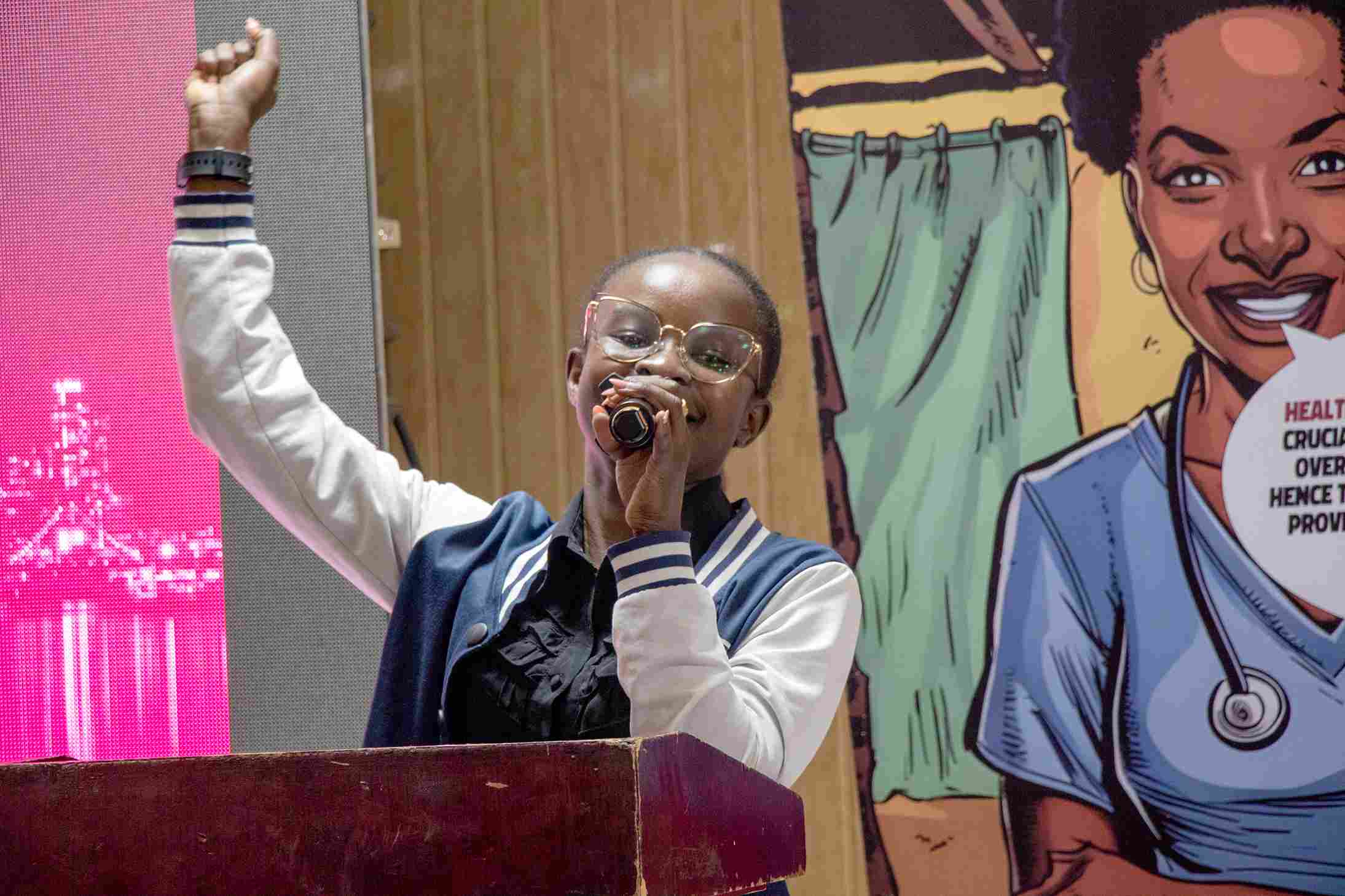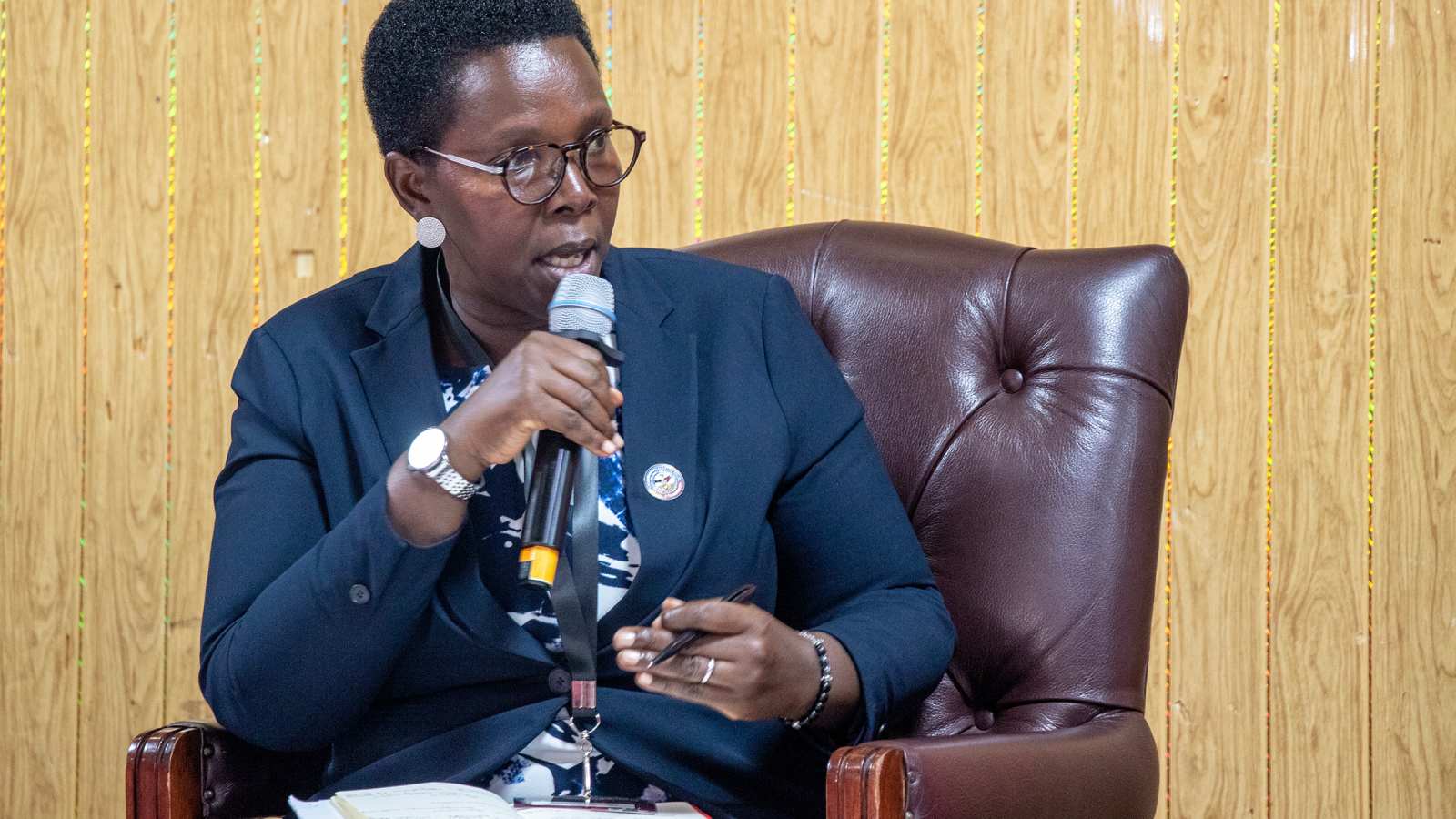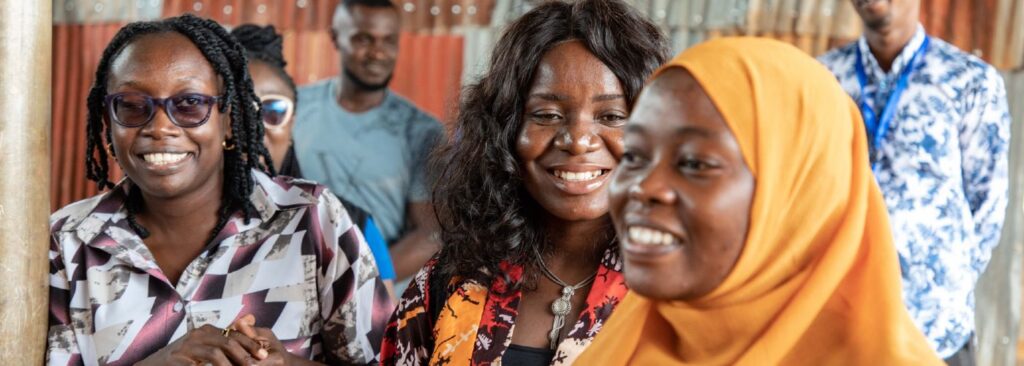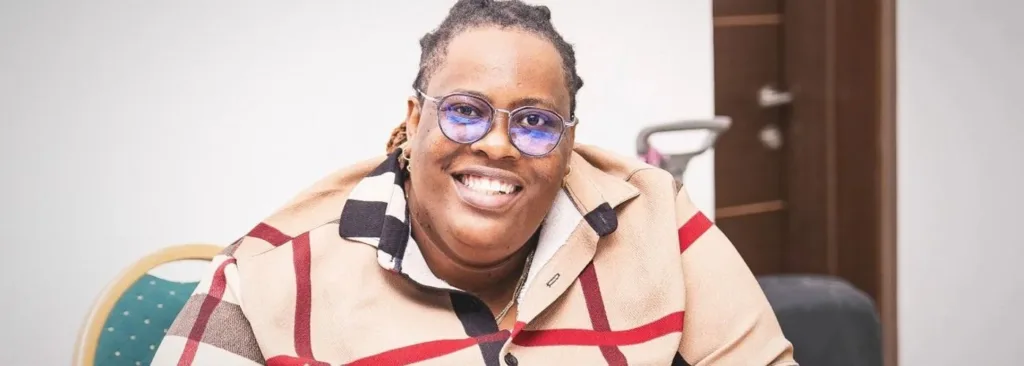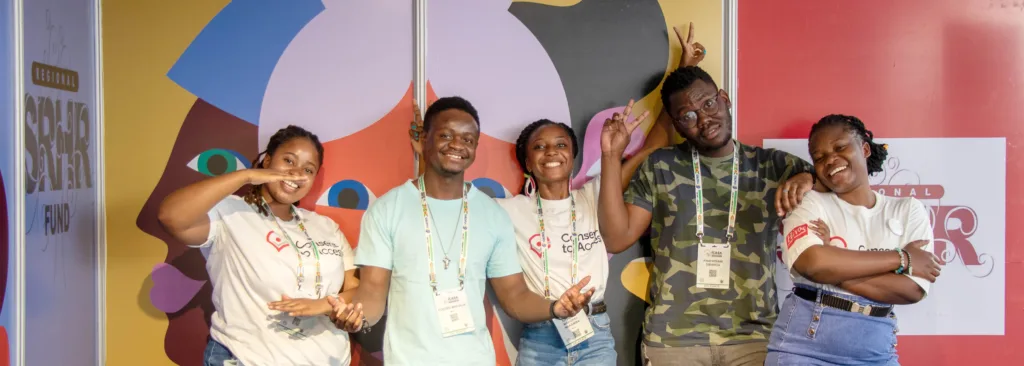This October, our Regional Sexual and Reproductive Health and Rights (SRHR) Fund program hosted a three-day event to share ideas on improving SRHR service provision for young people. In attendance were partners, government representatives, civil society organizations and young people from Kenya, Uganda, Malawi, Zambia, and Zimbabwe.
Working with the program’s partners Restless Development (Zimbabwe) and Youth Advocates, participants focused on better understanding current laws and policies for adolescent SRHR service provision and identifying gaps, inconsistencies, and barriers.
The event’s theme, “Collaborating for Equitable SRHR in East and Southern Africa,” pointed to one of the main concerns of all the participants: ensuring equity in SRHR access.
It is my responsibility to the rest of the youth to tell you that we are going to be heard and understood when it comes to our rights.
Collaborating and learning
Zimbabwe’s Deputy Minister of Health and Child Care, Sleiman Kwidini, opened the meeting by highlighting that every experience and idea shared would offer lessons for all present. “Over the next three days, we will share best practices and develop actionable strategies to dismantle these barriers. The core aim is to create a comprehensive regional action plan with clear strategies and timelines to improve access to SRHR services for adolescents and young people,” he said.
The Deputy Minister specifically directed his remarks about the critical need for SRHR action and support for adolescents in the region to the government representatives present.
Voices of youth
Deputy Minister Kwindi also clearly stated that the perspectives of young people should be at the heart of all action, noting that “the voices and needs of our young population must be included and amplified, as they are the ones most affected by these policies.” He urged stakeholders to develop campaigns that not only raise awareness, but also inspire action and foster a sense of ownership among young people regarding their sexual and reproductive health rights.
Josephine Adhiambo, a member of the Regional SRHR Fund’s Youth Advisory Panel based in Nairobi, Kenya, also reiterated Hon. Kwidini’s message, stressing that “young people are standing up across the region to be heard, no matter what.”
“It is my responsibility to the rest of the youth, as I stand here, to tell you that we are going to be heard and understood when it comes to our [SRHR] rights,” she said. “Our time has come!”
Tackling barriers to access
Throughout the meeting, participants addressed various systemic and societal barriers hindering adolescents’ access to SRHR services. These include challenges surrounding modern contraception and HIV and STI testing and treatment, gender-based violence, and harmful practices.
In a panel discussion, Hon Margret Ayebare Rwebyambu, MP for Mbarara District in Uganda, said the Ugandan parliament had developed forums that help them discuss ways of breaking down barriers to SRHR access. “Our Ugandan Woman Parliamentary Association, which is a standing forum, has every woman MP finding ways to deal with issues such as those relating to SRHR access. This strategy has been in place for a long time and we feel it is working,” she explained.
Looking ahead
The meeting also looked at how to build and expand advocacy networks across the region. These networks will unite youth organizations, healthcare providers, legal experts, and policymakers, sharing resources and strategies to push for policy changes that enhance SRHR access.
The Regional SRHR Fund is at the center of this transformation. Program Manager Limpo Chinika noted that the event had strengthened youth-led civil society organizations, enabling them to promote access to inclusive and affirming SRHR information and services for adolescents and youth.
“The Regional SRHR Fund will continue responding to strategic issues that impact the availability and accessibility of SRHR information and services across the region. We have engaged duty bearers to design, adopt, and implement laws and practices that will promote and protect the sexual and reproductive health rights of adolescents and young people,” she said.
Tatenda Songore, executive director of Youth Advocates, described the engagement as a South-to-South learning platform, bringing together governments, Members of Parliament, civil society, and young people.
See also Collaborations key to improving adolescents and young people’s access to SRHR services, by Munyaradzi Doma.

